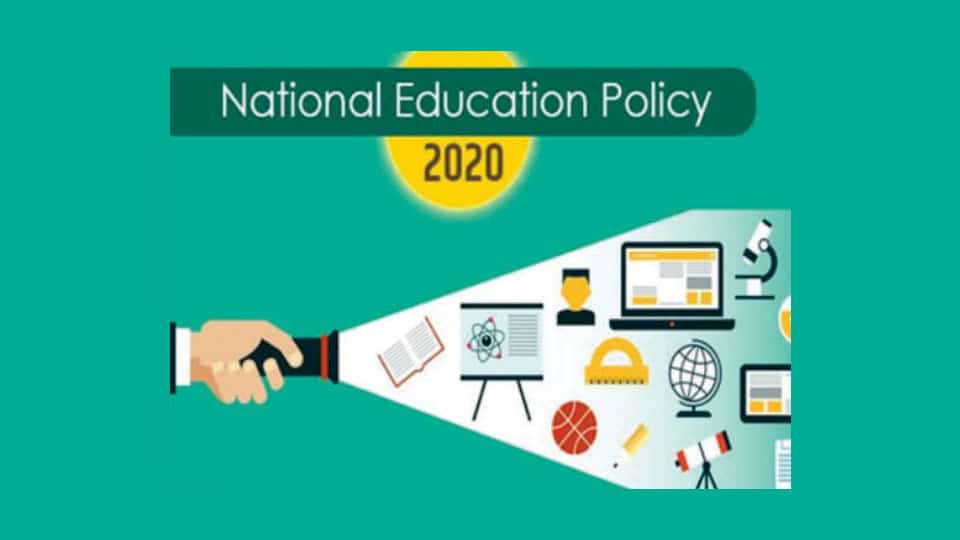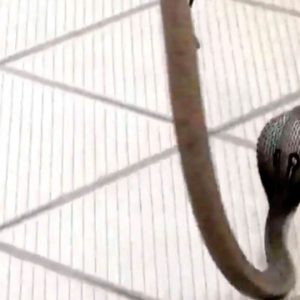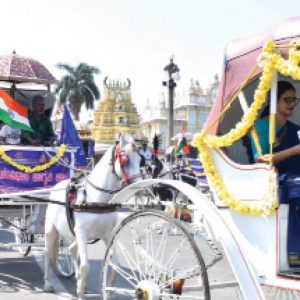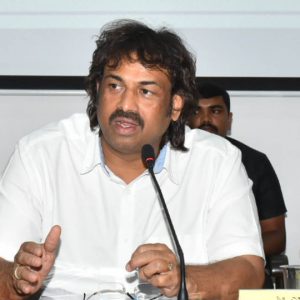Bengaluru: Certain Congress-leaning academicians have advised the State Government to incorporate elements from the National Education Policy-2020 (NEP-2020) while formulating a State Education Policy (SEP).
During an education convention organised by the All India Save Education Committee (AISEC) in Bengaluru on Friday, experts expressed their support for certain aspects of NEP, such as the provision for multiple entry and exit options and the emphasis on critical thinking.
The Congress Government intends to introduce an alternative State policy in line with its manifesto and experts stressed the importance of developing a more inclusive, accessible and constitution-based policy. Interestingly, the overall message of the conference was that textbooks should not become political tools and should be medium of dispersing real knowledge.
Dr. M.C. Sudhakar, the Higher Education Minister, acknowledged both the positives and negatives of NEP. He emphasised the need to avoid hastily withdrawing NEP without thorough discussion, debate and consideration of all aspects of the proposed SEP.
He criticised the BJP for implementing NEP without accounting for the challenges faced by the Education Department and the lack of necessary infrastructure to support all of NEP’s provisions. Dr.Sudhakar also pointed out that NEP overlooked the needs of marginalised children from Scheduled Caste and minority communities.
Furthermore, Dr.Sudhakar advocated transforming Anganwadis into pre-schools and enhancing the overall quality and accessibility of the State’s education system. Former UGC Chairman Prof.SukhdeoThorat raised concerns about making multidisciplinarycourses mandatory and advised that value education should be derived more from the Constitution rather than religion, as proposed in National Education Policy-2020 (NEP).
‘Sanskritisation’ of education
Prof.Thorat cautioned against what he called ‘Sanskritisation’ of education and the implementation of four-year degrees due to potential unequal access. While he appreciated the idea of multiple entry and exit options, Prof.Thorat expressed concerns that one-year diplomas might lead to increased dropout rates instead of promoting pass/fail rates.
Other suggestions from experts included the establishment of an expert body for policy implementation, promoting English education, cautiously allowing foreign Universities and creating a secular, scientific and socially inclusive policy. Experts also recommended delaying early vocational training until after Class 12 to ensure access to higher education.
MadhuBangarappa’s pledge
Primary and Secondary Education Minister Madhu Bangarappa deemed the policy a threat to the equality and quality of education. He pledged to formulate a ‘fair and just’ education policy, seeking recommendations and guidance from progressive education experts.
Social Welfare Minister Dr. H.C. Mahadevappa criticised the BJP Government for implementing NEP-2020 without engaging in discourse, considering expert recommendations or subjecting the policy to democratic Parliamentary processes. He emphasised the need for a progressive and scientific education policy that fosters good character and strong personalities in students.
Francis Assisi Almeida, Secretary of Karnataka Regional Commission for Education, appreciated the focus on critical thinking in NEP and recommended retaining it in the SEP. He expressed concerns that the entire policy seemed geared towards privatisation and stressed the importance of ensuring equaleducation opportunities in the SEP, especially in subjects like history without distortion of facts.
Michael Williams, Secretary of Mount Carmel Schools, New Delhi, advised the State Government to design a policy that ensures education for all and helps students achieve proficiency in English. He urged the Government to ensure that no student is left behind and to incorporate English education in all Government-run schools.








Recent Comments